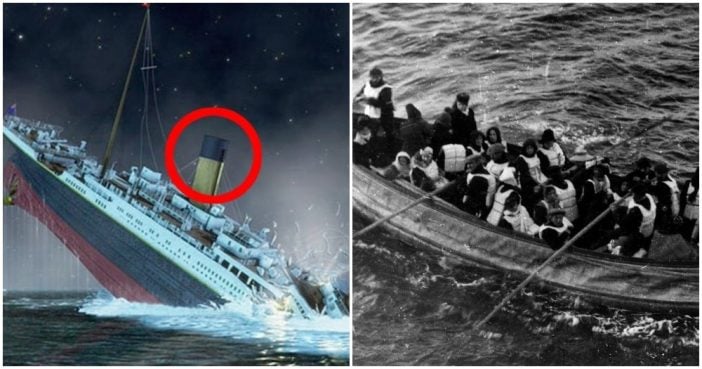
5. The Recovered Bodies Were Treated Differently Depending On Class
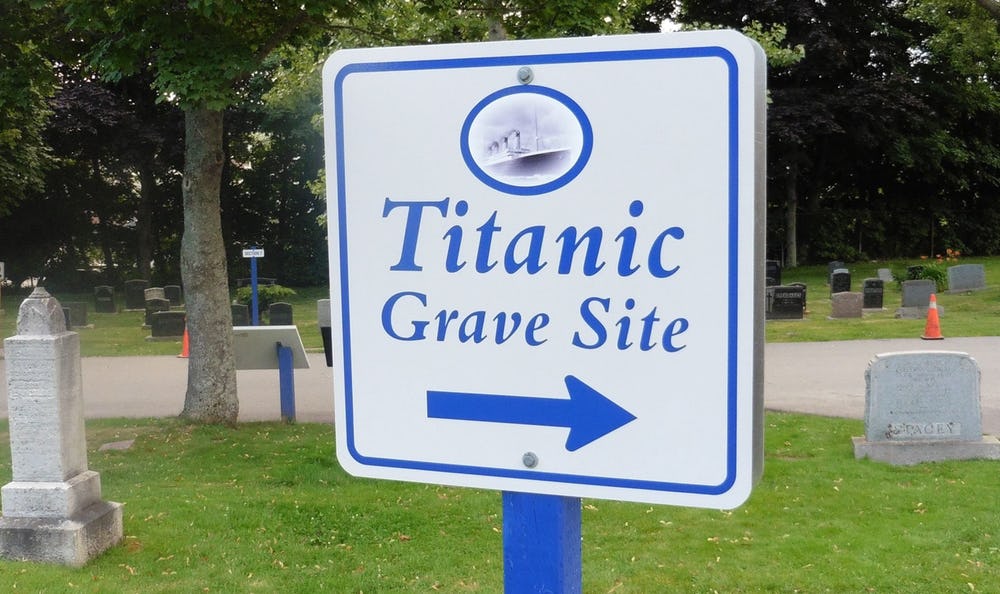
After a tragedy like the scale of the Titanic, you might think that something as petty as class and stature may be overlooked and that basic human decency would override, but no. This wasn’t the case with the bodies recovered from one of the biggest disasters in history. Sadly, the less well-off passengers on the Titanic were treated much the same way in death as they were in life—segregated from the wealthy and high-profile passengers on board.
When the recovery operation was underway in the days following the sinking, the bodies identified as belonging to the First Class victims were embalmed and placed in coffins before being stored in lockers at the rear of the rescue ship. Second and Third class bodies, however, were embalmed and then simply wrapped in canvas (for burial at sea later). Last of all, the bodies of steerage and other crew members were stuffed into an ice-filled hold (presumably to be tossed overboard later).
6. A Sleeping Wireless Operator Could Have Saved Lots More Lives
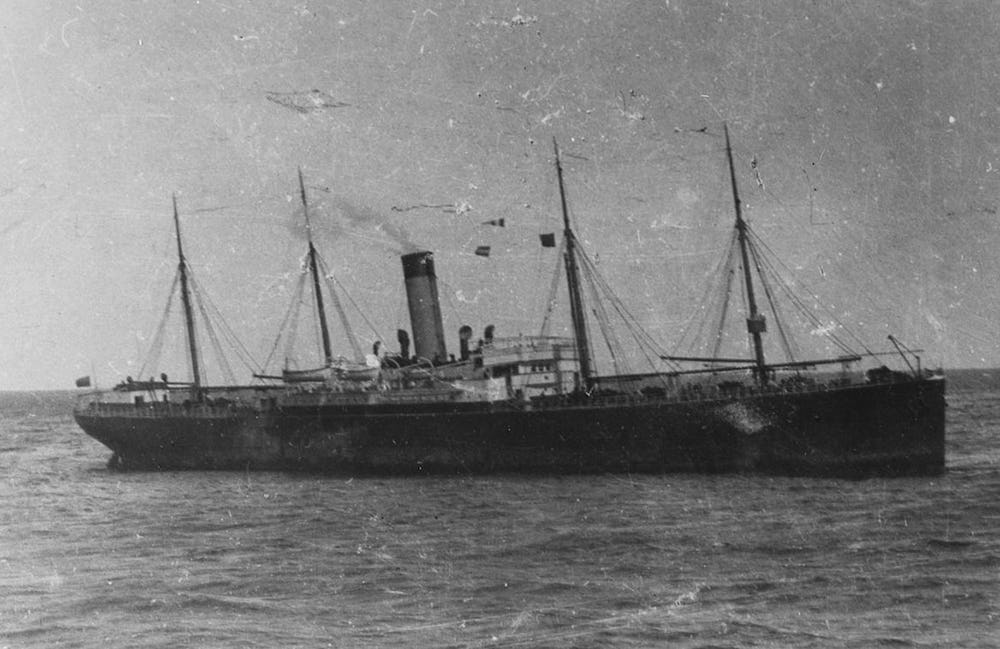
The location of the Titanic sinking was unfortunate enough (in the middle of the harsh and unforgiving Atlantic ocean), but the timing of the disaster didn’t do its passengers or crew any favors either. Unlike today, where SOS calls can be received 24/7, ships in the early 19th century didn’t have the luxury of emergency response units and would have relied on the nearest operator to still be awake and at his post.
Sadly, because the Titanic was in need between the hours of midnight at 2:20 in the morning (the exact time at which the ship sank completely), the nearest wireless operator was asleep and oblivious to the Titanic’s distress signals. What’s even more shocking is that, apparently, once the Captain on this nearby ship, the SS Californian, had been alerted by the operator and crew to the distress flares in the sky, the Captain decided not to help—a decision that undoubtedly cost more lives than it should.
7. Out Of More Than 1,500 Dead, Only 328 Bodies Were Found
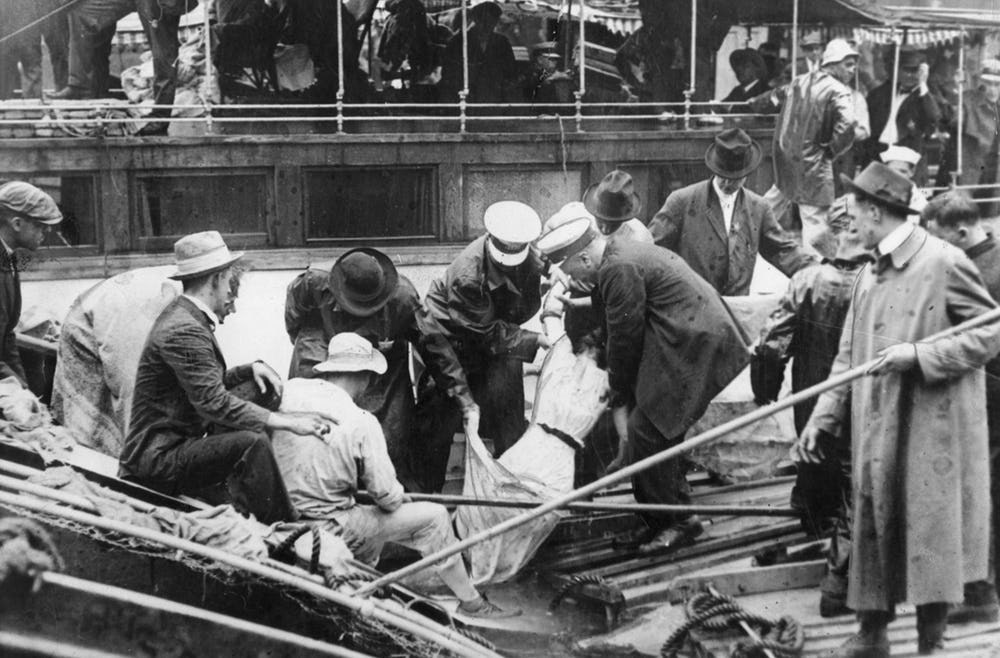
A total of 1,503 people died in the Titanic disaster–some from drowning, others from hypothermia–and out of this horrific death toll, only 328 bodies were ever recovered. On April 17th, the 706 surviving passengers and crew members were on the rescue ship, the RMS Carpathia, taking them to New York. While the survivors headed to what would have been Titanic’s final destination, a rescue team headed back out to the scene of the disaster in search of bodies.
A cable repair ship called the CS Mackay-Bennett left from Halifax, Nova Scotia and was equipped with embalming supplies and around 100 coffins. Sadly, the number of bodies they would find suitable for coffin burial would outnumber them by twice as much. Of the corpses that were found, 119 were found to be too badly damaged and degraded to take back to shore and, in the end, were buried at sea.
8. It Was An Hour Before The First Lifeboat Was Released
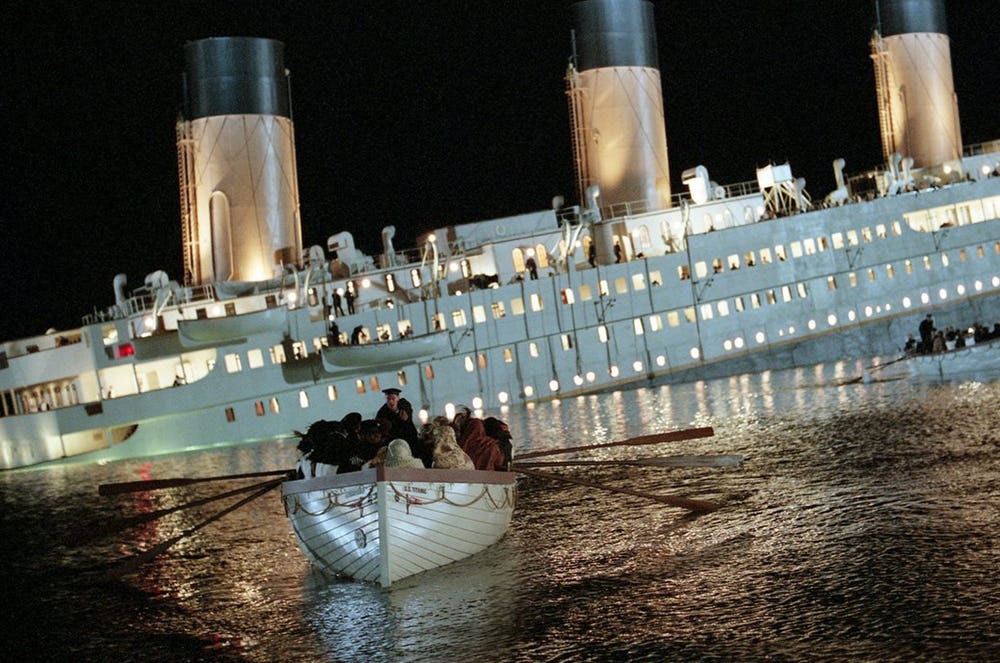
Titanic struck the iceberg at around 11:40 pm on April 14th. Astonishingly, it would be another hour until the first lifeboat was launched out onto the water. The ship would submerge completely less than two hours after the first lifeboat was released. This incredibly slow reaction time and poor organization were mainly down to the fact that the crew on board never had any proper training with the lifeboats.
Since Captain Edward J. Smith had canceled the lifeboat drill earlier that morning, there will have been a chaotic scramble on deck to decide how to lower the lifeboats without damaging them and how many people could go on once they had been released. To make things even worse in this time of crisis, two of the collapsible lifeboats that the ship had on deck along with the traditional wooden boats had begun to float away as the Titanic sunk ever further beneath the surface.
